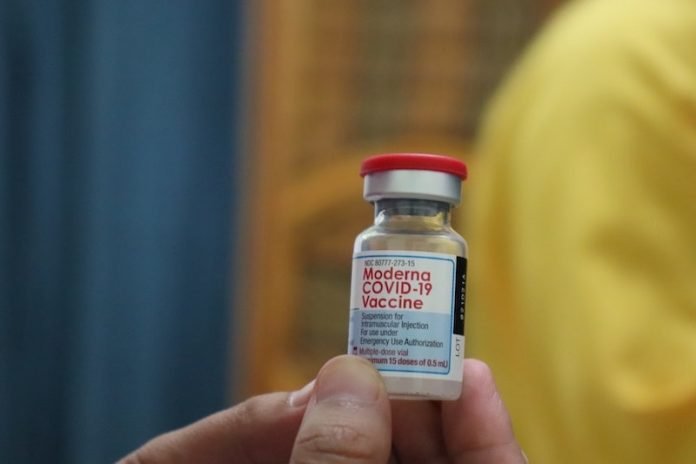
In a new study from Massachusetts General Hospital, researchers conducted one of the first comparisons of how effectively each of the three COVID-19 vaccines authorized or approved in the United States stimulates a protective immune response against the virus.
COVID-19 vaccines work by “teaching” the body’s immune system to detect the presence of the coronavirus and respond by producing protective antibodies that neutralize it, known as immunogenicity.
The three COVID-19 vaccines available in the U.S. are informally known by the names of their manufacturers: Moderna, Pfizer, and Johnson & Johnson/Janssen.
Moderna and Pfizer are administered as two-dose regimens, while Johnson & Johnson requires only one dose.
Although there are differences in dose and mechanism of delivery between the three vaccines, each targets the “spike” protein on the SARS-CoV-2 strain of COVID-19 that was originally isolated in Wuhan, China.
In the study, the team tested blood samples from 215 healthy adults.
They also analyzed blood samples from a group of adults who were unvaccinated and not infected with COVID-19, and another group of adults who were unvaccinated and recovering from infections.
The team found that two doses of the Moderna and Pfizer vaccines produced roughly similar concentrations of antibodies, which were greater than 100-fold higher than the amount produced by the single-dose Johnson & Johnson vaccine.
The study also found that people who had recovered from COVID-19 infections had antibody concentrations similar to those who had received a single dose of Moderna and Pfizer, which were more than 10 times higher than antibody levels produced by a dose of Johnson & Johnson.
A separate analysis found that the Johnson & Johnson vaccine was somewhat more effective at stimulating production of a different type of immune cell, known as CD4 T cells.
However, those levels were still lower than those induced by the Moderna and Pfizer vaccines.
Next, the team examined the vaccines’ ability to neutralize three variants (or mutated versions) of COVID-19 that have evolved and spread throughout the world, known by the names Beta, Delta and Gamma.
They found that Beta is the variant most likely to escape surveillance by the immune system.
That suggests that the Delta and Gamma variants must possess some other qualities, such as the ability to replicate rapidly, that have helped them spread.
All three variants have rendered antibodies raised by the existing vaccines less effective.
How effectively the three vaccines neutralize the Omicron variant, which was identified in late November, is currently under investigation.
The team says their data strongly indicate that a single dose of Johnson & Johnson results in a weaker antibody response than the other vaccine regimens.
These findings certainly support making booster shots available for that population.
The study is published in the Journal of Infectious Diseases. One author of the study is John Iafrate, MD, Ph.D.
Copyright © 2022 Knowridge Science Report. All rights reserved.



